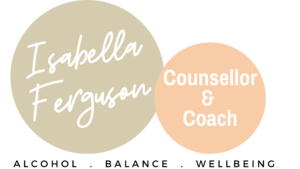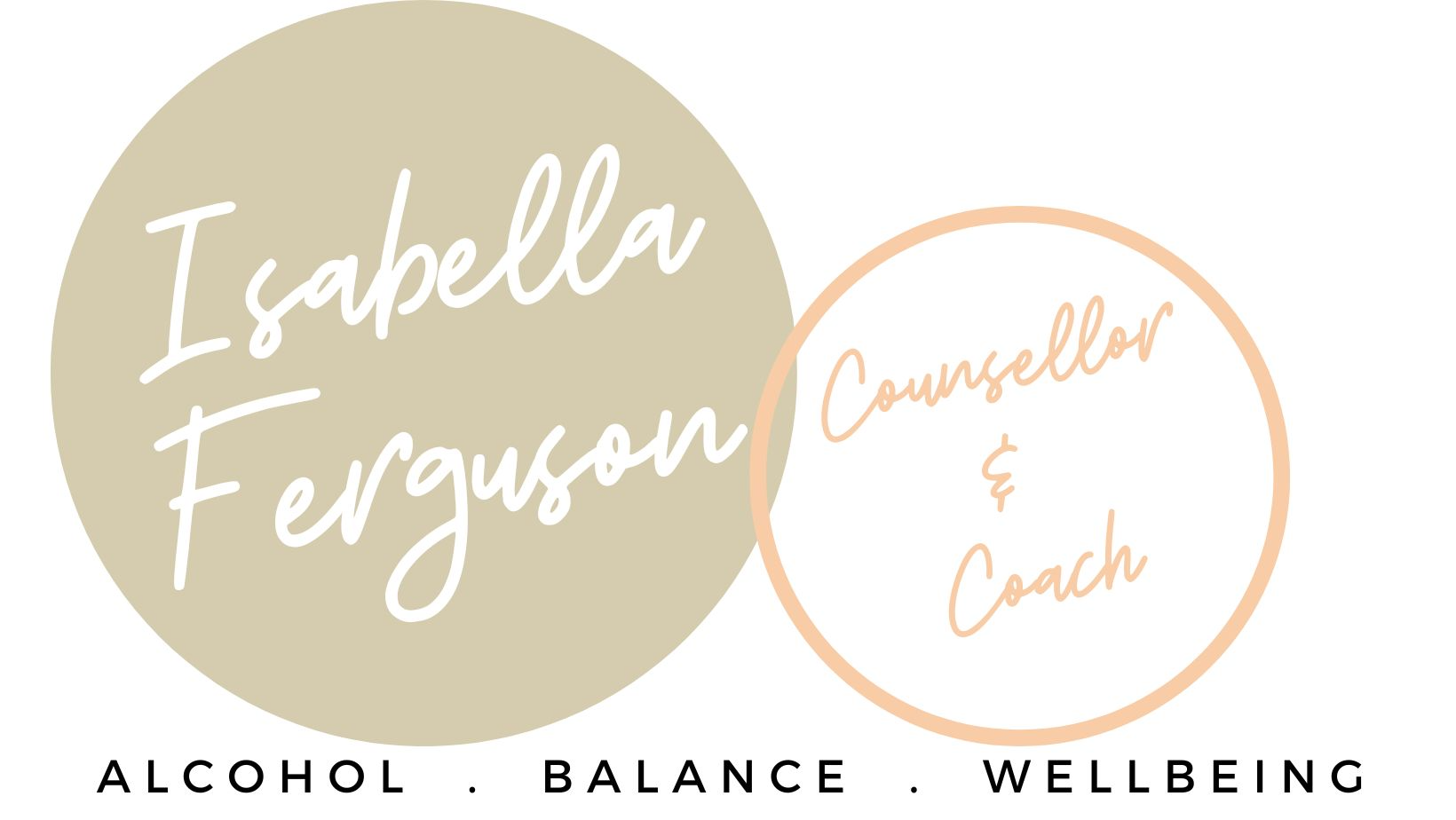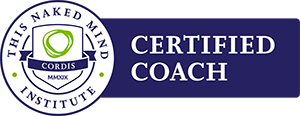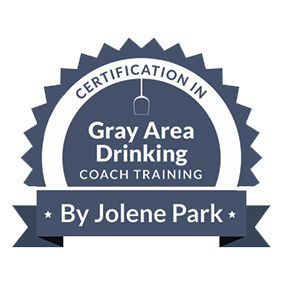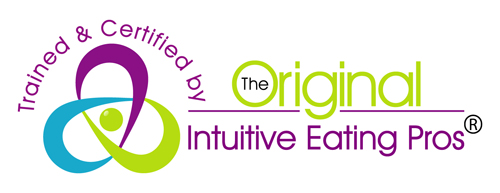Common Alcohol Myths
Let’s debunk some common alcohol myths that many call on (including me back in the day!) to justify drinking large quantities and to offset thoughts of slowing down.
Myth 1: “Alcohol Relieves Stress and Anxiety”
Reality:
Alcohol is both a depressant and a stimulant, releasing dopamine in the first 20 minutes but then counteracting this with chemicals, dynorphin and stress hormones, adrenaline and cortisol, which stay in our bodies a whole lot longer than the dopamine. This leads to greater stress, 3am wake up, hanxiety and the rest. So no, alcohol does not relieve stress and anxiety. It exacerbates and fuels it and can contribute to a booze and burnout cycle.
Myth 2: “A Nightcap Helps You Sleep Better”:
Reality:
Contrary to popular belief, alcohol disrupts sleep patterns. While it may initially induce drowsiness, it interferes with the deeper stages of sleep, resulting in poorer overall sleep quality. Long-term alcohol use can contribute to insomnia and other sleep disorders. Those stress hormones previously mentioned means that your REM sleep (the restorative deep sleep) is impeded, playing havoc with memory, focus and clarity. Do you ruminate on thoughts before sleep? This could in fact be alcohol.
Myth 3: “Red Wine Is Good for Your Health”
Reality:
This is a big big myth designed to sell more wine! Red wine contains antioxidants, particularly resveratrol (found in grape skins), which may have minor potential health benefits. However the damage to your health caused by alcohol (ie the liver damage, cardiovascular pressure, increased risk of 7 types of cancers, including breast cancer) far outweighs this negligible benefit. Stick to grape juice for resveratol…
Myth 4: “You Can’t Be Addicted to Wine or Beer, Only Hard Liquor”
Reality:
The notion that certain types of alcohol are less addictive than others is a big myth. While the alcohol content may vary, the potential for addiction exists across all types of alcoholic types. Addiction is more about the relationship with alcohol and the individual’s susceptibility than the type of drink consumed.
Myth 5: “If You Can Function at Work, You Don’t Have a Drinking Problem:
Reality:
High-functioning alcoholism is a real issue in every profession that is often overlooked. Just because someone maintains their job and responsibilities doesn’t mean they don’t have a drinking problem. Alcohol Use Disorders are often pushed underground due to fear of reputational damage. Functionality can mask underlying issues, making it essential to consider overall health and well-being when assessing alcohol consumption.
Myth 6: “Alcoholism Is a Sign of Weakness or Lack of Willpower”
Reality:
Alcohol Use Disorder is a complex condition influenced by genetic, environmental and psychological factors. It is not a sign of personal weakness or a lack of willpower. Some of the smartest and successful leaders who show tenacity and strength in most sectors of their life have admitted to personal problems with alcohol. It’s addictive. It’s heavily marketed to hook you in. It’s everywhere. Understanding alcohol from this perspective can reduce stigma and encourage individuals to seek help without judgement.
Myth 7: “Alcohol Helps Networking Making You More Conversational and Interesting”
Reality:
While some may feel more relaxed or uninhibited under the influence of alcohol, the idea that it enhances networking is a myth. In reality, alcohol impairs cognitive function, including creative thinking, memory, logical thought processes and problem-solving. Relying on alcohol as a creative stimulant can hinder genuine innovation and artistic expression. What’s more, clients notice! They notice when people become louder, argumentative, and conversations tend to become a little more one sided. In reality an alcohol free professional is laser focussed, authentic and tends to remember their client’s names and conversations more readily!
Myth 8: “If I choose not to drink I will be left out”
Reality:
This can feel like it’s true. I hear you. But I promise its a myth. What I want to stress here is that you have likely used alcohol for decades as a social security blanket, so you are going to feel quite raw and vulnerable without it at the start of going AF. Remember you are playing the long game of living a healthier and happier life. It gets easier. Your close friends will help you. However the majority out there will not even notice! As long as you keep showing up, doing what you enjoy doing, and connecting with people who you love and enjoy hanging out with, you will always fit in. It may just take some practice at the start.
Email if you have any questions. Always happy to help.
Yours faithfully
